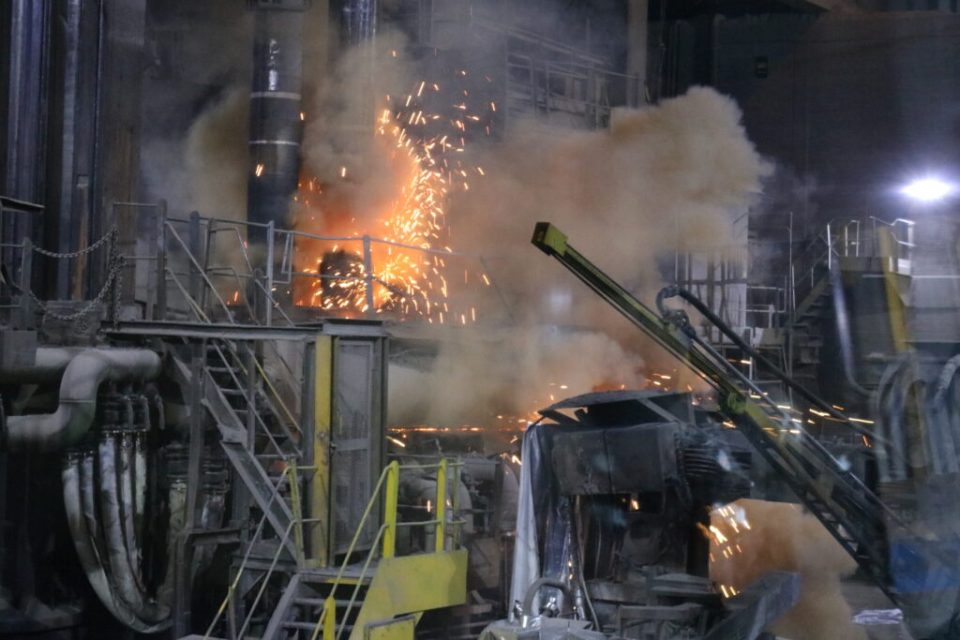The British Metals Recycling Association (BMRA) has called on Zero Waste Scotland (ZWS) to withdraw a report that it claims contains significant errors over the benefits of electric arc furnaces.
The BMRA’s Scottish Policy Group accused ZWS of failing to engage with the industry, including its trade association, and of producing inaccurate and misleading findings.
ZWS’s How should Scotland manage scrap steel, calls on the country’s scrap sector to adopt electric arc furnace technology to remanufacture scrap steel, powered by renewable energy.
It argues that Scotland’s scrap steel exports are responsible for 1.6 tonnes of greenhouse gases for every tonne of steel and suggests that using electric arc technology would reduced carbon emissions by 60%, equivalent to nearly 790,000 tonnes of CO2 per year.
The report says the change “would strengthen Scotland’s resilience by ensuring that domestic steel supply chains are in place to keep the economy running in times of global material shortages.”
The BMRA argued the report’s data refers to the UK scrap market as a whole and does not differentiate between Scottish conditions. In particular, it says that the destination of processed Scottish steel scrap is ‘misreported’ as going to blast furnace steel mills in Turkey.
The BMRA added: “In reality, the vast majority is shipped to the short-sea market steel mills in continental Europe, predominately Spain. Most of these steel mills operate with electric arc furnaces (EAFs), most with renewable energy grids.”
It concluded: “Building an electric arc furnace in Scotland would result in some 70,000 additional HGV journeys a year to move 820,000 tonnes of processed ferrous scrap. It’s hard to see how this would contribute to achieving Scotland’s net zero aspirations. No single steel mill could meet Scotland’s needs, as different mills produce different types of steel product.”
A representative from Zero Waste Scotland told MRW: “As made clear in our report, our analysis is based on UK-wide data, which is the best and only data set currently available relating to scrap steel management in Scotland.
“This data was scaled to allow for different scenarios to be modelled and compared within a Scottish context, which is standard practice in research of this type. we believe that our report provides a valid carbon assessment of different management options for Scotland’s scrap steel.
“As part of our future planned work. we will engage with Scottish industry to gain a more detailed understanding of Scottish scrap steel arisings and their export destinations. We look forward to future discussions to explore these opportunities.”


